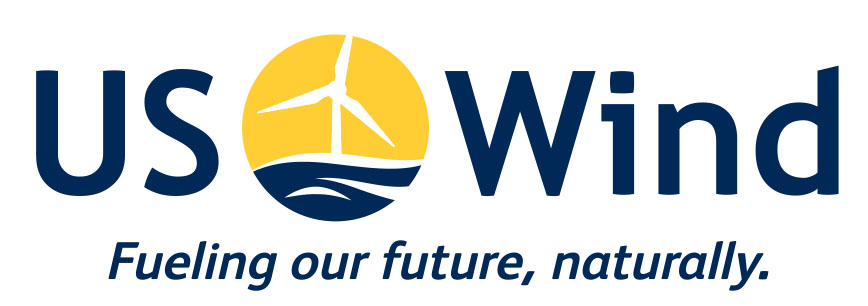How blockchain can unlock access to global renewable energy: Trading directly without needing a broker or a large, advanced team
Energy Web Foundation member Douglas Miller writes in his article that enhanced transparency in the matters of renewable energy and carbon markets is not sufficient, as the global shift continue to make renewable energy the future.
Therefore, as Miller points out, it will need to “meet the growing needs of renewable energy generators and buyers of all types and mobilize the capital needed to meet global renewable energy and carbon emission reduction targets.”
This leads to the crux of his third point on the value of blockchain’s potential to ‘upgrade’ existing systems and open global access to renewable energy, its ability to freely transact and interact with one another that keeps up and adapts with the digital transformation.
Trading directly without needing a broker or a large, advanced team
“Hotels, airlines, and Uber/Lyft drivers have straightforward, widely-used online and mobile tools at their ready disposal to directly engage and transact their services with consumers. These tools don’t yet exist for trading certificates of origin and, as a result, market participants depend on brokers who charge fees for their services and/or trained staff supporting them to navigate the complexity of today’s renewable energy and carbon markets. New tools should deliver trusted products to help enable direct transactions for renewables. This doesn’t by default mean that brokers or sustainability teams go away. Their expertise will still be relevant to negotiate the terms of sophisticated contracts like power purchase agreements (PPAs), just as travel agencies haven’t gone away with the advent of online travel booking. For brokers, new business models will likely emerge as the market grows and many more (often smaller) renewable energy generators and buyers enter the market. For corporate sustainability teams, greater simplicity and lower costs for renewable energy purchases means more resources can be dedicated to reduce the environmental impacts of other parts of their company supply chains beyond energy.”
